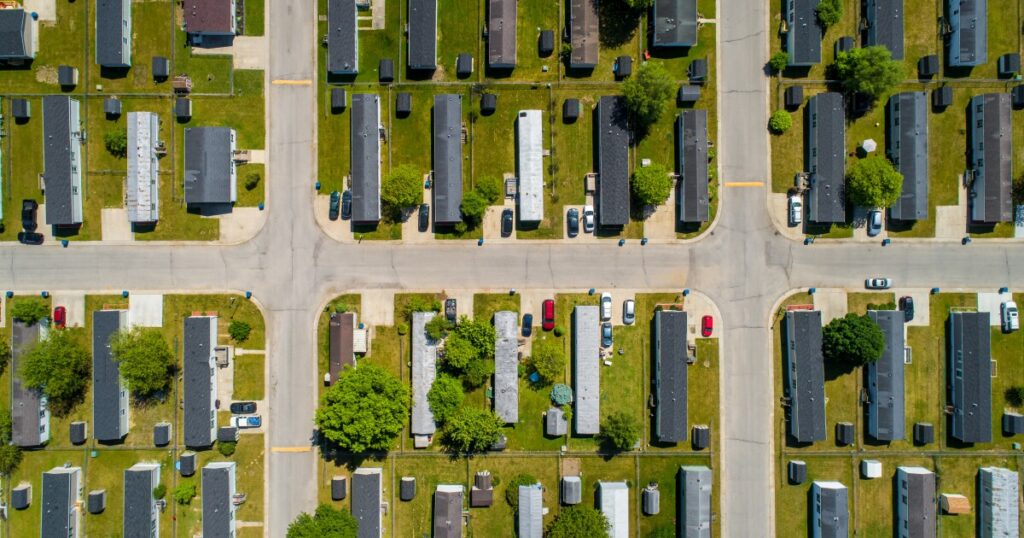The
The changes end an over two-year process in revising the HUD Code, with
While the new regulation itself doesn’t cover financing, which has always been a hot button topic because of the differences from site-built homes, the changes should improve the cost to consumers.
“HUD recognizes the need to protect the affordability of manufactured homes to facilitate the availability of housing particularly for economically constrained consumers and recognizes the need for improved financing options supporting manufactured housing,” its response to a comment on the rule stated. “While these issues extend beyond the scope of this regulation, several offices within the federal government in addition to the department are actively working to address financing issues for manufactured housing, such as the Federal Housing Finance Agency and U.S. Department of Agriculture’s Rural Development agency.”
“This is good news. These updates are expected to enhance the appeal of manufactured homes, potentially leading to increased interest from both traditional and non-traditional lenders in financing these homes, as they align more closely with the underwriting and appraisal standards of stick-built homes,” said Sarah Kackar, director of rural programs at NeighborWorks America
While some purchasers of manufactured homes are able to obtain conforming or government mortgages (these are part of the government-sponsored enterprises Duty to Serve requirements), others
In its response to comments, HUD cited figures from 2021 Home Mortgage Disclosure Act data that 42% of manufactured home loans produced that year were chattel financing.
“MBA welcomes HUD’s efforts to boost housing supply and improve overall affordability by facilitating the expansion of manufactured housing production,” a statement from the Mortgage Bankers Association said regarding the latest revisions.
A major change to the HUD Code allows for the production of two-, three- and four-unit manufactured homes.
Cavco Industries, a manufactured home builder, has already produced HUD-approved duplexes. The company owns its own finance subsidiary, CountryPlace Mortgage, an approved Fannie Mae and Freddie Mac seller/servicer and Ginnie Mae issuer, and offers home-only loans to purchasers of factory-built homes.
“Cavco Industries is excited about the possibilities that HUD’s new Code changes are creating to expand affordable housing across the nation,” said Bill Boor, president and CEO in a press release. “We remain committed to solving the affordable housing crisis with innovative home designs that are forward-thinking and high quality, yet affordable. It is part of our dedication to leveraging our experience, creativity and experimentation to reach for new solutions to affordable housing needs.”
These updates were announced on Sept. 11 by Julia Gordon, assistant secretary for housing at a press conference in Elkhart, Indiana, the home of the RV and Manufactured Housing Hall of Fame.
“The changes to the HUD Code we’ve finalized today will expand the choices among manufactured homes available for the nation’s homebuyers, while increasing the production and availability of innovative manufactured home designs that are safer, modern, and comparable to site-built homes,” Gordon said according to a press release. “These updates will bring the HUD Code in alignment with today’s construction standards and reduce operational complexity for manufacturers.”
Earlier this year, the Biden Administration announced
This final rule was published in the Federal Register on Sept. 16 and will go into effect on March 17, 2025.


